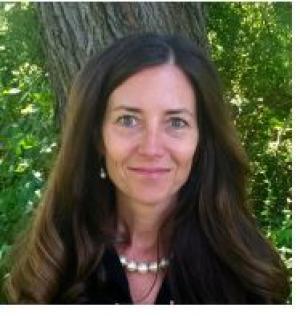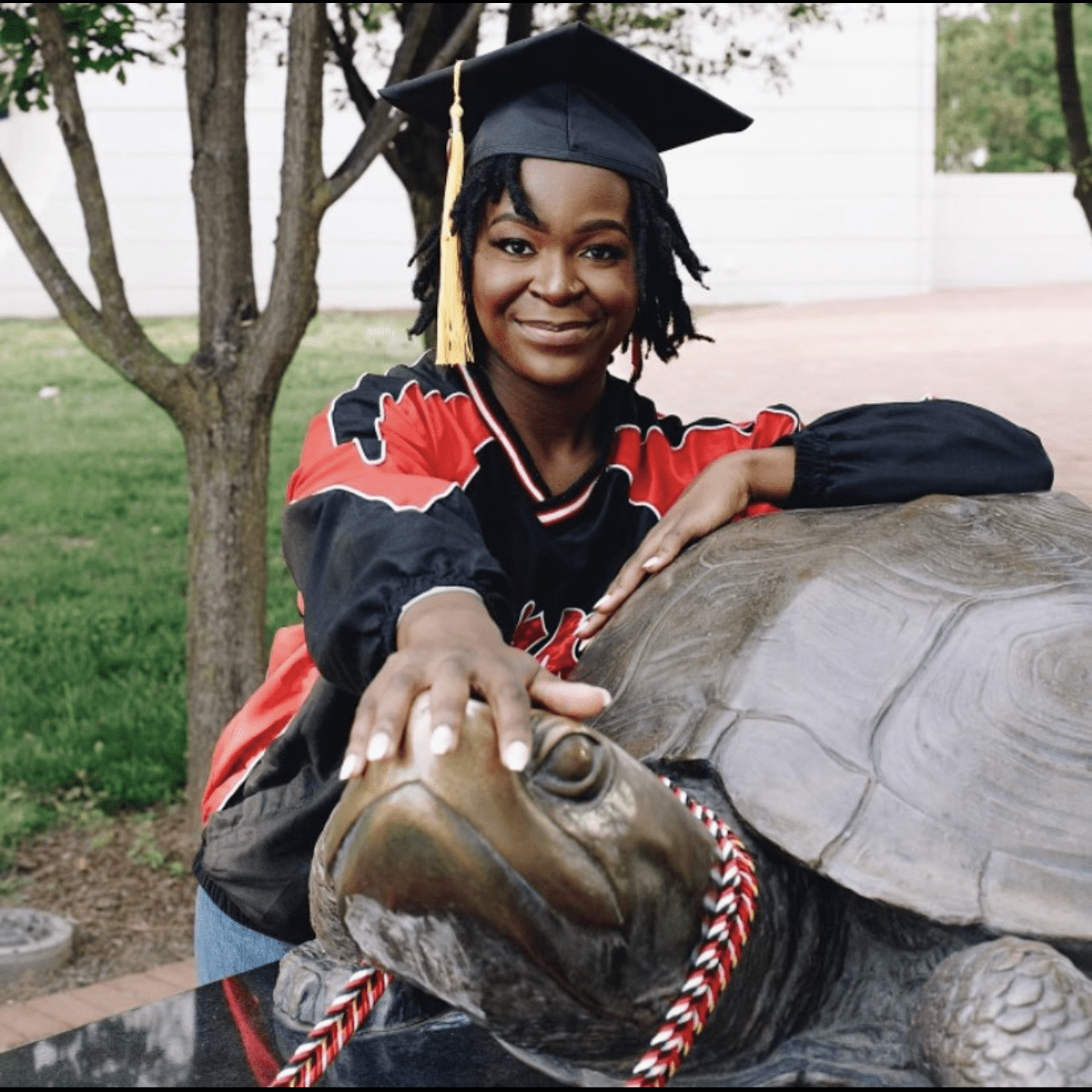Civic Engagement for Social Good
Inspiring community collaboration and meaningful change
Introduction
The world critically needs changemakers committed to understanding social issues and collaborating alongside their communities to foster meaningful change. In Civic Engagement for Social Good (CESG), previously known as CIVICUS, students work with organizations addressing a range of societal challenges, including poverty, food insecurity, housing insecurity, child welfare, education, political activism, animal rights, and the environment. Students explore:
- Issues impacting local communities
- Organizations that are addressing pressing social issues
- Ways to engage in hands-on work in civic engagement
- Strategies for deliberative dialogue in a multicultural world
- Methods to leverage their strengths to make sustainable change
CESG coursework and community engagement activities operate in tandem, creating a synergy that enhances the overall student experience. Coursework provides an opportunity for students to explore the root causes of social needs and strategies for addressing social concerns that they see during their work in the community, while service projects and co-curricular activities create an environment for students to implement what they learn in the classroom.
As an interdisciplinary program, CESG students represent a wide range of academic interests and majors. Civic Engagement for Social Good encourages students to ground their work in their passions, academic majors, and professional interests.
Through their shared passion for social good and engagement in co-curricular activities, CESG students form a close cohort who develop strong friendships and support each other throughout their time at UMD.
Colloquium and Lecture Topics
- The complexities and the structures that cause social issues
- Concepts related to the theories and practices of civic engagement
- Models for working towards positive social change
- Ways to engage in difficult conversations with empathy around differences of perspective, beliefs, and identities
[This program] has made me a kinder, more compassionate, more informed person. [It] gave me the opportunity to get my hands dirty, to engage in the community in ways I never thought I could. [It] has taught me that it takes a village but also that I can make tremendous change myself..providing me with more opportunities for learning and character-building than I would've gotten in any other program or club.
Other Learning Opportunities
Students are actively engaged in UMD, College Park and surrounding areas, and Washington, DC annually completing over 1,000 hours of volunteer work. Students can choose from over 100 projects per year with a wide array of partner organizations.
Students:
- Participate in civic engagement projects. Recently, students have acted as mentors for local elementary students, planted trees to increase the canopy in Washington, DC, served meals from a mobile soup kitchen, handled dogs at a humane rescue adoption event, canvassed on behalf of political candidates, and captioned videos to ensure accessibility for a wider community.
- Take trips to Washington DC and the surrounding area where they participate in scavenger hunts, visit memorials, monuments, and museums, and attend baseball games, cultural heritage events, and the performing arts.
- Meet guest speakers, including politicians, staff members from local non-profit organizations, and local community leaders and activists
- Participate in community-building activities, such as challenge courses, trivia nights, bingo, BBQs, and study breaks
CESG staff provide the planning, logistical support, and transportation for most activities. All second-year students also participate in a capstone experience for academic credit. The capstone can include an internship, extensive work with a non-profit, or affiliated experiential learning courses. Students in the past have held internships in local and national politics, non-profits, high-profile media outlets, medical facilities, research labs, mentoring organizations, and peer dialogue training. The capstone gives students authentic experiences and skills that help support their academic work, career goals, and future community engagement efforts.
Curriculum Overview
Over the two-year program (four semesters), students complete 12-credit hours that count toward their CESG Scholars citation. The following table represents a typical two-year curriculum. Details about courses and requirements can be found on the CESG Citation Checklist
| SEMESTER | COURSE | CREDITS |
|---|---|---|
| Semester 1 | CPCV 100: Colloquium I | 1 credit |
| CPCV 225: Intro to Civic Engagement for Social Good | 3 credits | |
| Semester 2 | CPCV 101: Colloquium II | 1 credit |
| Semester 3 | CHSE 328C: Intergroup Dialogue (DVCC) | 1 credit |
| Semester 4 | CPCV 230: Internship; or CPCV 240: Service-Learning; or CPCV 250: Research; or |
3 credits 3 credits 3 credits |
| Semester 1, 2, 3, or 4 | Supporting Course (var. Gen Ed) | 3 credits |
Sponsoring College
Office Address
1103 Centerville Hall
Office Email
Faculty


Deborah Omotoso
News and Notes, Etc.
Civic Engagement for Social Good News
Berlin Scholarship Sends Scholar to Ireland for Creative Writing Immersion
As a former Arts Scholars and past winner of the Martha and Ira Berlin Legacy Fund Scholarship, senior Emily Tuttle’s Scholars experience is even more meaningful since her scholarship win. Earning the scholarship provided Tuttle with the opportunity to study abroad in Ireland in a creative writing immersion class through the Department of Arts and Humanities. “This award supports students who have a well-defined, innovative project, who are committed to Scholars and to learning from diversity, and who have financial need,” Scholars Executive Director Dr. Marilee Lindemann said.
Me Too Monologues Make Debut With College Park Scholars
On March 31, the Cambridge Community will host the first-ever Me Too Monologues on the College Park campus. Me Too Monologues is a documentary theater performance about identity and all the issues that surround it. Students and faculty have been asked to anonymously submit stories about their experiences, and peers will perform their stories as monologues in a theatrical production. This is a national production that has been performed at colleges all over the country. Sophomore Life Sciences Scholar Maryam Ghaderi decided to propose that Scholars host this event after hearing about the Me Too Monologues from friends.
Students Host First ScholarsNEXT, a Student-Run TED-Like Event
On Feb. 19, a group of seven College Park Scholars presented in the Samuel Riggs IV Alumni Center for the first-ever ScholarsNEXT event. ScholarsNEXT is a student-run event that provides students with an opportunity to share their ideas about solving real-world problems. Presenters had to register for a class, which met every other week for an hour. Sponsored by the UMD SGA and the Office of Undergraduate Studies, Ananth Srivatsan was able to make his dream a reality in founding this event. “These students are incredibly talented, and they have some, frankly, brilliant ideas,” Srivatsan, a Science, Technology and Society Scholar, said before introducing the first speaker, Public Leadership Scholar Aaron Pludwinski.
Environment, Technology and Economy Students Awarded Sustainability Grant to Reduce Campus Water Consumption
A group of five students from the Environment, Technology and Economy program are working to install water meters in North Campus residence hall showers to educate students about water usage and reduce their water consumption. The Office of Sustainability awarded the team, known as Team Shower Power, a $4,260 grant to fund the project. "[The grant] is funding purchasing of the shower meters and purchasing of the materials for the educational campaign component,” said Jada Mosley, a sophomore English and environmental science and policy major. “So once we actually have data, we can tell them [students] what the shower meters are actually for and we can tell them how they can reduce their water use.”
Scholar Kofie Yeboah Wins Mobbie Award for College Sports Blog
His freshman year, Kofie Yeboah was tired of writing about college sports. He and his friends sought an outlet to write about sports without being boxed into a specific category. Their idea evolved into the award-winning blog The Left Bench. Two years later, the blog has a staff of 30, more than 1,500 followers on Twitter and earned a Mobbie Award for Best College Sports Blog in 2014. “The Mobbie Award was a huge confidence booster and the realization that we truly didn't know what we were capable of,” Yeboah said. “Before that, we didn't know how big and popular this thing could get so it was awesome to win that award.”


